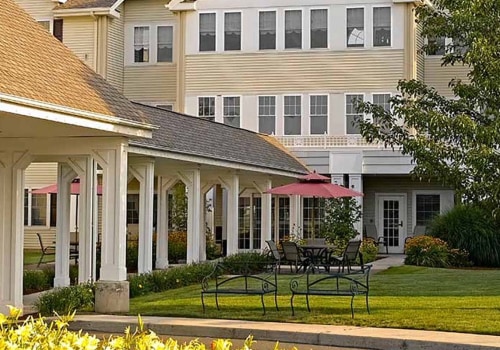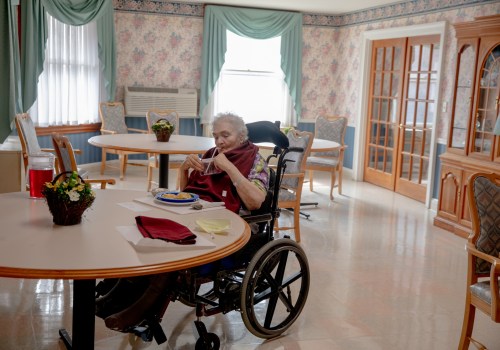Medicaid does not cover room and board, unlike nursing home care which is funded by Medicaid. Assisted living is not a right and waiting lists are the norm. Fortunately, Florida is one of the few states that qualify assisted living facilities for Medicaid. The state of Florida offers four programs to help with the costs of assisted living, such as the Personal Care Attendant (PCA) program, which provides self-directed personal care services for the elderly and disabled.
The Medicaid exemption program for seniors and people with physical disabilities (EPD) is designed to help residents continue to live in their home or in an assisted living facility rather than in a nursing home. The federal government does not allow states to pay for assisted housing costs related to room and board, but states can use alternative means to make these costs more affordable, such as imposing limits on the amount communities can charge or providing supplementary Social Security. It is important to note that not all centers will apply the Medicaid grant the same way, so it is important to talk to the assisted living center about the expected costs. Residents can receive support for services that help with activities of daily living through the Community First Choice (CFC) program and disabled people can receive assistance through the Big Sky Home and Community-Based Services Program. Maine does not provide support to people who live in assisted living facilities, but it does offer two options to help residents continue to live in their homes.
A lawyer specializing in elder law may also know ways to advocate for older people to get on the waiting list for assisted living. In Florida, Medicaid can be used to pay for a nursing home, an assisted living facility, or nursing care in the home of an elderly relative. The State of Florida recognizes that it can save money by allowing people who would prefer to live in assisted living homes to do so. The program is limited to 15 counties in the state, but residents can move to an assisted living facility in one of the eligible counties to qualify. It is worth noting that if the conditions of ALE exemption participants decrease to the point where the cost of providing assisted living services exceeds the cost of providing the same services in a nursing home, they may be asked to leave assisted living and move to a specialized nursing home.
The Advantage program exemption provides seniors with support services at home or at an assisted living facility. In addition, the state offers the Managed Long Term Care Program (MLTC), the Consumer Directed Personal Assistance Program (CDPAP) and the Assisted Living Program (ALP) to provide support services in the home or assisted living to people who qualify. The state also offers a personal care services program to provide assistance with activities of daily living at home or residential care for a person. Trying to pay for an assisted living center for elderly individuals is even more difficult than trying to get care in a nursing home.








